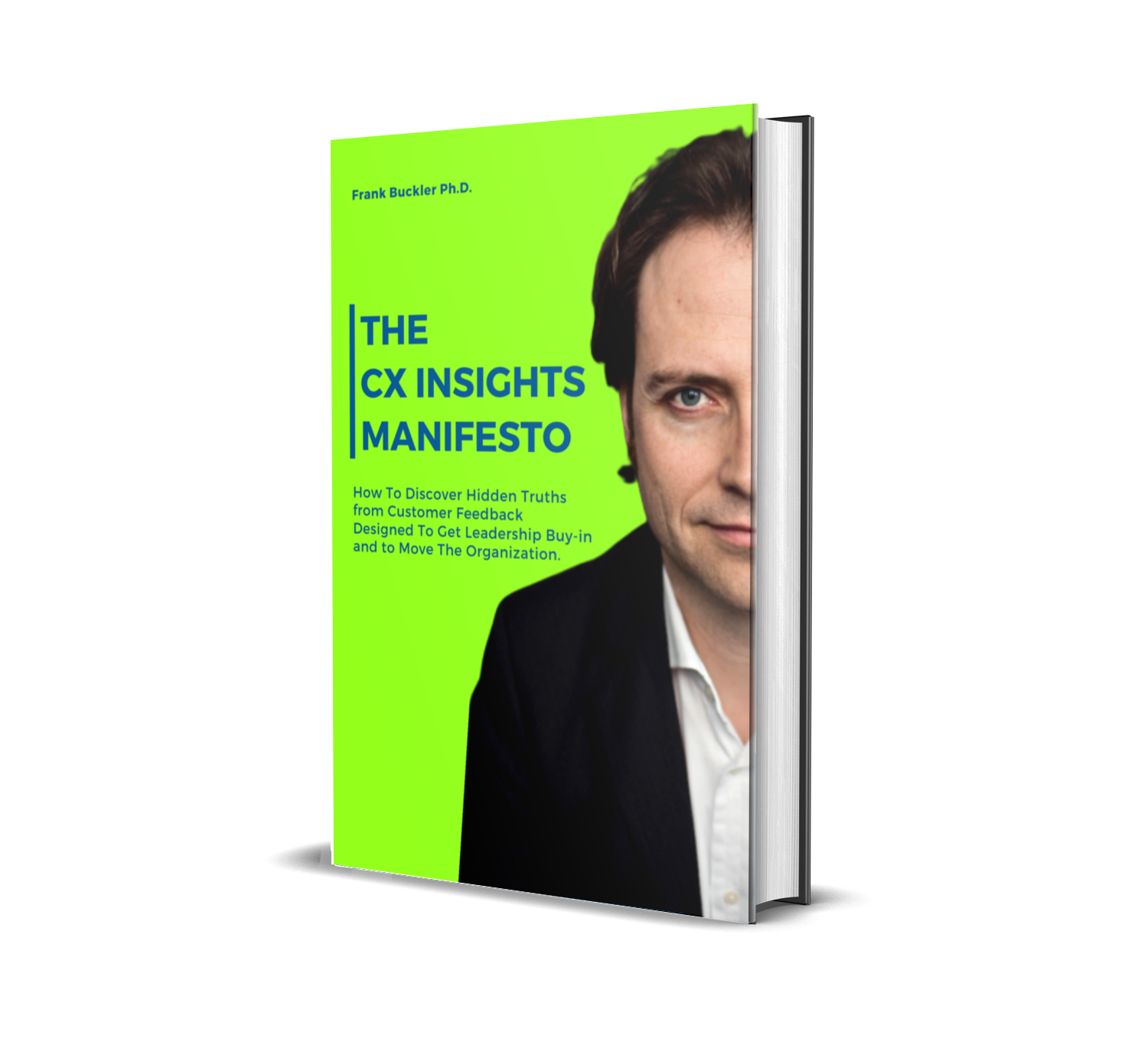
In a highly competitive industry, it is essential to have a pricing strategy that meets the needs of your business while also attracting and retaining customers. We’ll show you how to develop a pricing strategy for your medical devices business!

There are a variety of medical devices out there, and each one comes with its own set of benefits and drawbacks. With all of this variation, it’s no surprise that there are a variety of pricing strategies as well. Here are some of the most common medical devices pricing strategies:
Some medical devices come with a premium price tag because they offer unique benefits or features that other devices do not. For example, a cardiac stent may be more expensive than a simple blood pressure monitor because it provides more value to the patient
Tiered pricing is when different versions of the same device have different prices based on their features and benefits. For example, a basic blood pressure monitor and an upgraded version with extra features may both be available, but the upgraded version will cost more money.
Bundled pricing is when multiple items are sold together at a discounted rate. This is often used for medical equipment packages that include several items at once. For example, a bundle might include a blood pressure monitor and a stethoscope for a discounted price compared to buying them separately.
Some medical device companies will allow for negotiated pricing for large purchases or for long-term contracts. This means that you can potentially get a better deal if you’re willing to negotiate with them on your purchase.

Medical devices are becoming increasingly complex, and as a result, their prices are rising. In order to ensure that your medical device pricing strategies are effective, you need to understand the key components of these strategies. Here are four key components of medical device pricing strategies:
This approach takes into account the value that the medical device provides to the patient. When setting prices using this approach, companies consider factors such as the cost of the device, the clinical results it produces, and the patient’s quality of life.
This approach uses external benchmarks to set prices for medical devices. When using this approach, companies compare their product’s price to similar products on the market.
This approach sets prices based on the cost of manufacturing and developing the medical device. Companies using this approach consider all of the costs associated with making and selling the device, including materials, labor, overhead, and marketing expenses.
The bestselling book „Pricing Intelligence“ has more on the topic and

In this approach, companies submit sealed bids to win contracts to sell their medical devices to buyers. The bids are typically based on the price of the device, but other factors such as quality and delivery time may also be considered.
Some professionals prefer to access video tutorials around pricing and insights

As the world of healthcare continues to evolve, so too do the pricing strategies for medical devices. With an ever-growing number of options on the market, companies must be strategic in their approach to setting prices for their products. By taking into account the needs of both patients and providers, as well as the competition, companies can develop pricing strategies that will maximize their profits while still providing value to those who use their products.
Today pioneers use the latest pricing survey tools that use Neuroscience + AI
Interested professionals can use some tools even for free and explore on its own
You can access supra tools free here.

In my email newsletter “Pricing Insights” I cover the whole range of pricing insights solutions-from Garbor Granger to Conjoint, from NeuroPricing to Pricing Software Systems. I describe the application in various fields from new product pricing to promotion, from brand premium to feature pricing.
Keep up to date here.